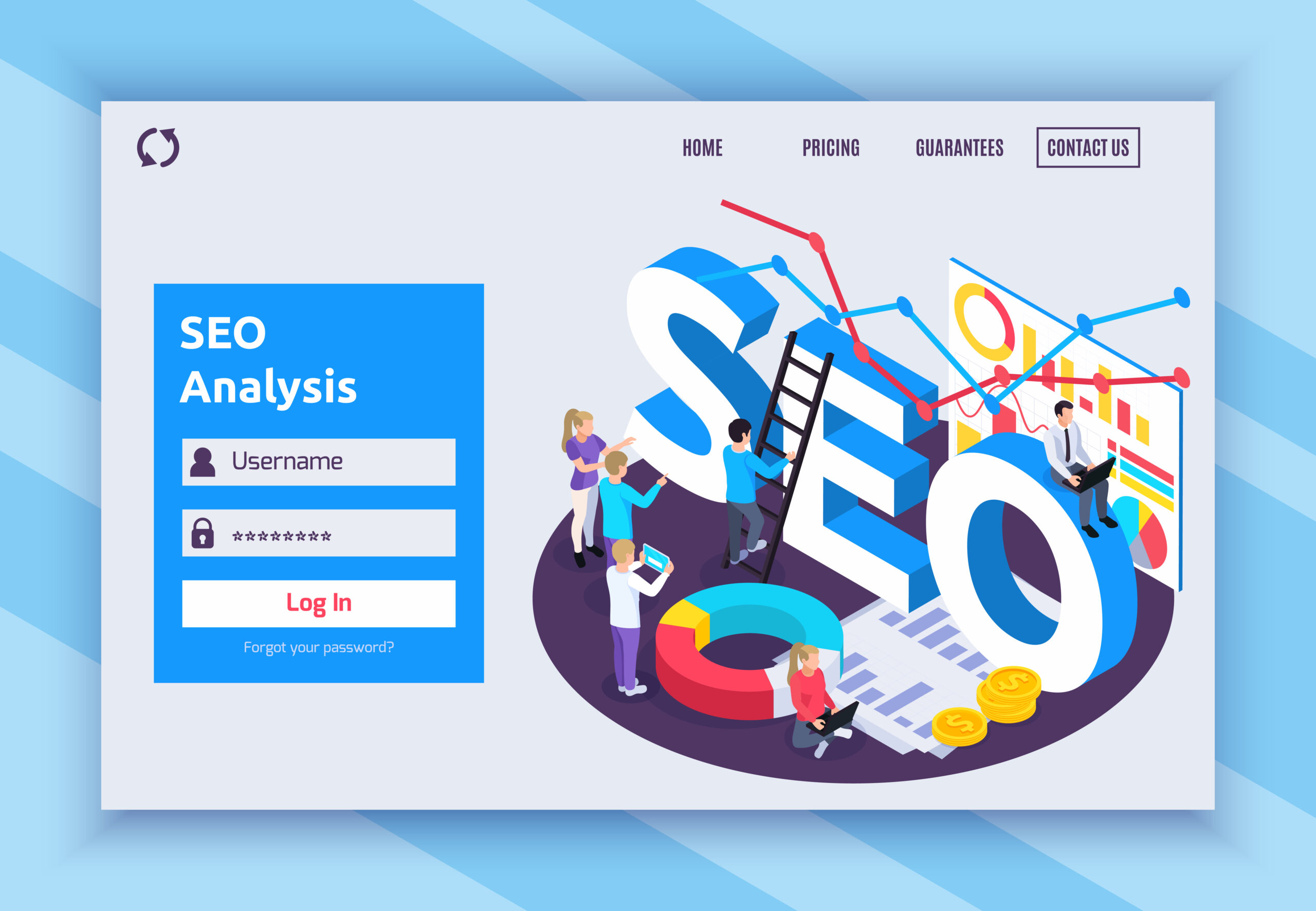Why SEO Site Audits Matter More Than Ever
In today’s highly competitive digital environment, staying ahead in search engine rankings takes more than just having a visually appealing website. The foundation of sustainable visibility and organic growth lies in your site’s ability to meet technical, content, and user experience standards as determined by ever-evolving search engine algorithms. That’s why SEO audits are a must. Understanding what to look for in an SEO site audit is essential if you want to identify what’s holding your site back and unlock opportunities for better performance.
Whether you run a local business, an eCommerce store, or a large corporate website, regular audits ensure your online presence remains optimized and aligned with current SEO best practices.
Understanding the Purpose Behind an SEO Audit
An SEO site audit acts as a full diagnostic check of your website. It looks at everything that contributes to or hinders your visibility on search engines. From behind-the-scenes technical elements to the content your visitors engage with, every component of your site is analyzed. The goal is to pinpoint any issues, gaps, or outdated practices that may be affecting your rankings and traffic. The audit results serve as a roadmap to guide your optimization strategy moving forward.
Technical Health: The Foundation of Search Visibility
When evaluating your website’s technical health, you’re looking to confirm that search engines can access, crawl, and index your site without barriers. This includes making sure your pages are properly loading, secure, and mobile-friendly. Page speed is crucial, as slow websites not only frustrate users but also suffer in search engine rankings. Likewise, ensuring your site is responsive across all devices is no longer optional—it’s essential for both user experience and Google’s mobile-first indexing.
Verifying that your website uses HTTPS, has an XML sitemap, and doesn’t block important pages with robots.txt settings are all key technical checks. These details may not be visible to users, but they directly affect how search engines view your site.
On-Page SEO: Optimizing What the World Sees
On-page SEO is the part of the audit that looks at what users and search engines can read and interact with. This includes your title tags, meta descriptions, headings, image alt texts, and overall keyword placement. If your titles are generic, or your headings aren’t properly structured, it can confuse both users and Google’s crawlers.
Your URLs should be clean and descriptive, helping search engines understand the topic of each page at a glance. Poor on-page optimization often leads to lower rankings and reduced click-through rates. Reviewing and adjusting this part of your site ensures you’re using relevant keywords naturally and effectively.
Content Performance and Relevance
No matter how fast or technically sound your site is, without valuable content, you won’t rank. An SEO audit should assess whether your content speaks to your audience’s needs. It checks whether your pages provide useful, original information that addresses search intent and matches user queries.
Content that lacks depth, is duplicated across pages, or hasn’t been updated in months can hurt your rankings. A thorough audit identifies where you need to improve clarity, expand on topics, or update outdated information. It also evaluates your internal linking strategy, ensuring users and search engines can easily navigate between related topics within your site.
User Experience on Mobile Devices
Since the majority of users browse on mobile, your audit should include a close look at how your site performs on smartphones and tablets. You want to ensure that menus are easy to navigate, buttons are large enough to click, and content adjusts smoothly to smaller screens.
Google prioritizes mobile usability in its ranking factors. If your mobile site is slow, hard to use, or visually inconsistent, you’ll lose both visitors and ranking potential. This is especially critical for businesses with local customers who search for nearby services on the go.
Backlink Profile and Domain Authority
A good SEO audit doesn’t stop at your own website—it also looks at how other websites are linking to you. Backlinks from reputable sources build your site’s authority in Google’s eyes. The audit will examine how many backlinks you have, where they’re coming from, and whether any toxic links are dragging your reputation down.
If your link profile is dominated by low-quality or irrelevant domains, Google might penalize your site, even if everything else is optimized. A healthy backlink portfolio supports better rankings and protects against future algorithm updates.
Duplicate Content and Indexing Issues
If your site has pages with similar or identical content, or if Google is indexing pages it shouldn’t, your rankings can suffer. A comprehensive audit checks how many of your pages are actually showing up in search results and whether duplicates are causing confusion for search engines.
Pages with duplicate content need to be consolidated, redirected, or restructured with canonical tags. Likewise, you’ll want to identify and fix any broken pages, thin content, or pages that are blocked from indexing when they shouldn’t be.
Keyword Strategy and Content Gaps
Once the technical and on-page issues are covered, the audit should dive into how well your keywords are performing. It reveals what phrases are bringing in traffic, which pages are ranking well, and where you have opportunities to rank better.
The audit will also uncover gaps—topics your competitors are ranking for that you are not. This insight allows you to refine your keyword strategy and develop content that targets high-value search terms, bringing in more qualified visitors.
Local SEO Optimization for Local Businesses
If your business relies on local customers, your audit must include local SEO factors. This involves checking the optimization of your Google Business Profile, the consistency of your Name, Address, and Phone Number across directories, and how well you rank for local search queries.
Your presence in local citations and the quality of customer reviews also play a major role. Failing to optimize these signals can prevent you from showing up in the local pack—even if your site ranks well in general results.
Why Regular SEO Audits Matter
SEO is not a one-time fix. Search engines update their algorithms regularly, and user behavior constantly evolves. Performing a single audit is helpful, but consistent auditing is what keeps your website aligned with the latest SEO trends and best practices.
Regular audits give you a clear view of progress over time. They help you prioritize tasks, allocate resources efficiently, and continue building toward long-term success.
Final Thoughts
Now that you understand what to look for in an SEO site audit, it’s easy to see why it’s such an essential part of your digital strategy. A good audit identifies not only what’s broken, but what’s missing, what’s outdated, and what could be done better. It’s your chance to uncover untapped potential and make informed decisions that lead to measurable growth.
At Skyfield Digital, we offer deep-dive SEO audits designed to give you clear, actionable insights. Whether you’re launching a new site, recovering from a drop in rankings, or simply ready to grow, we’re here to help. Get in touch with our team today and take the first step toward smarter, stronger SEO performance.













